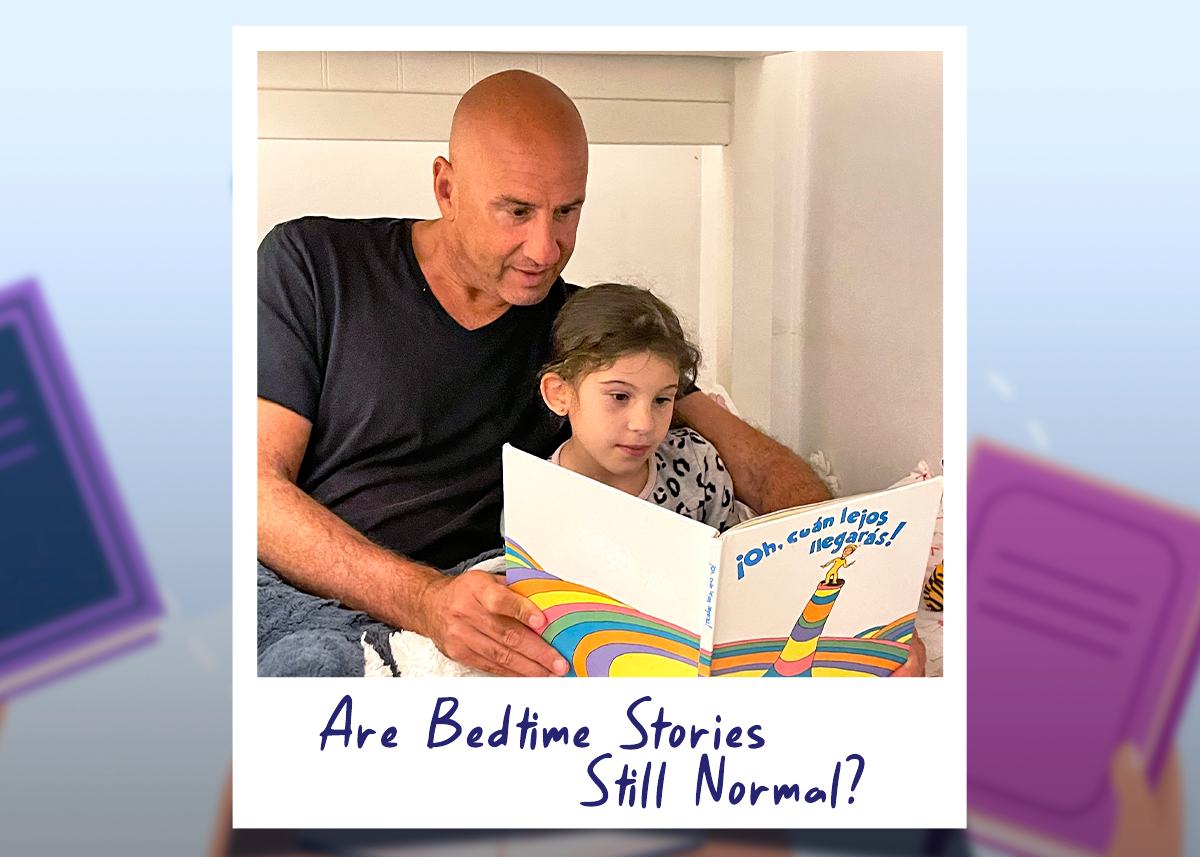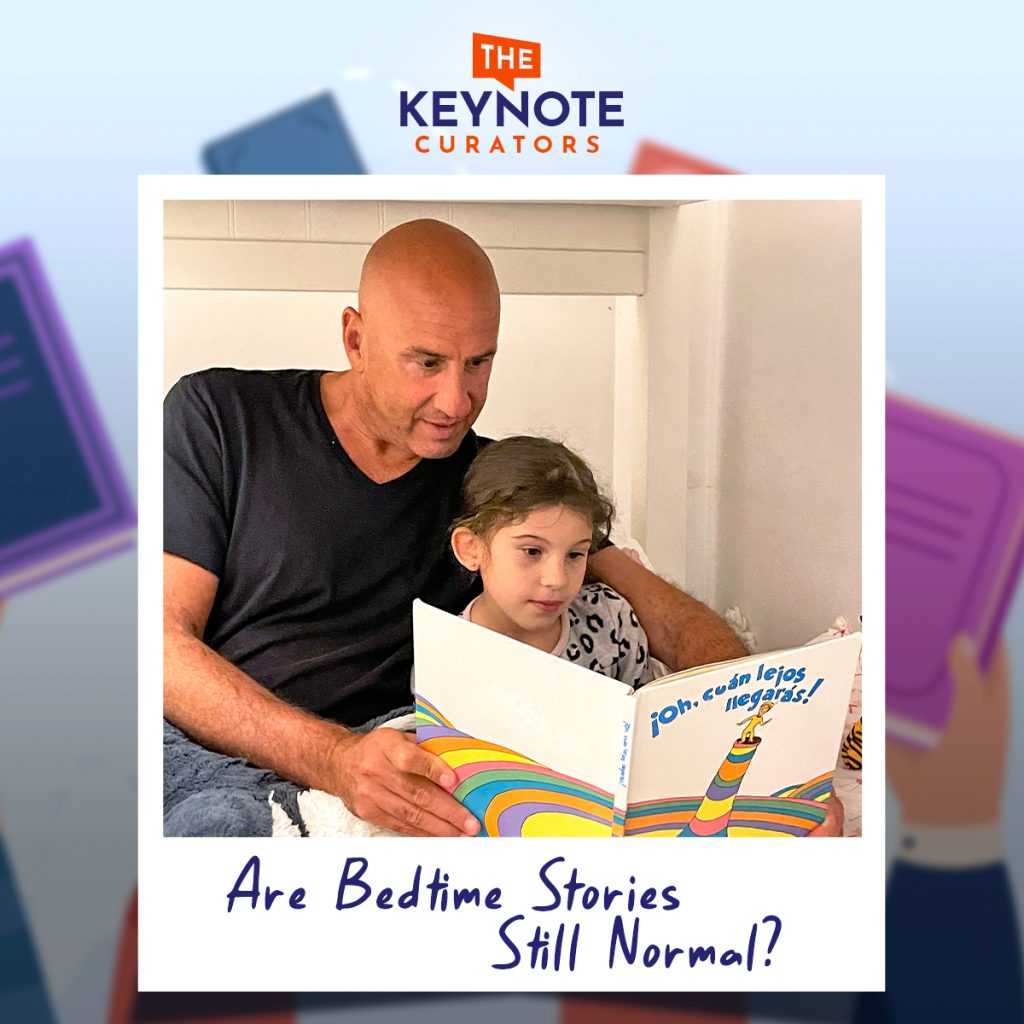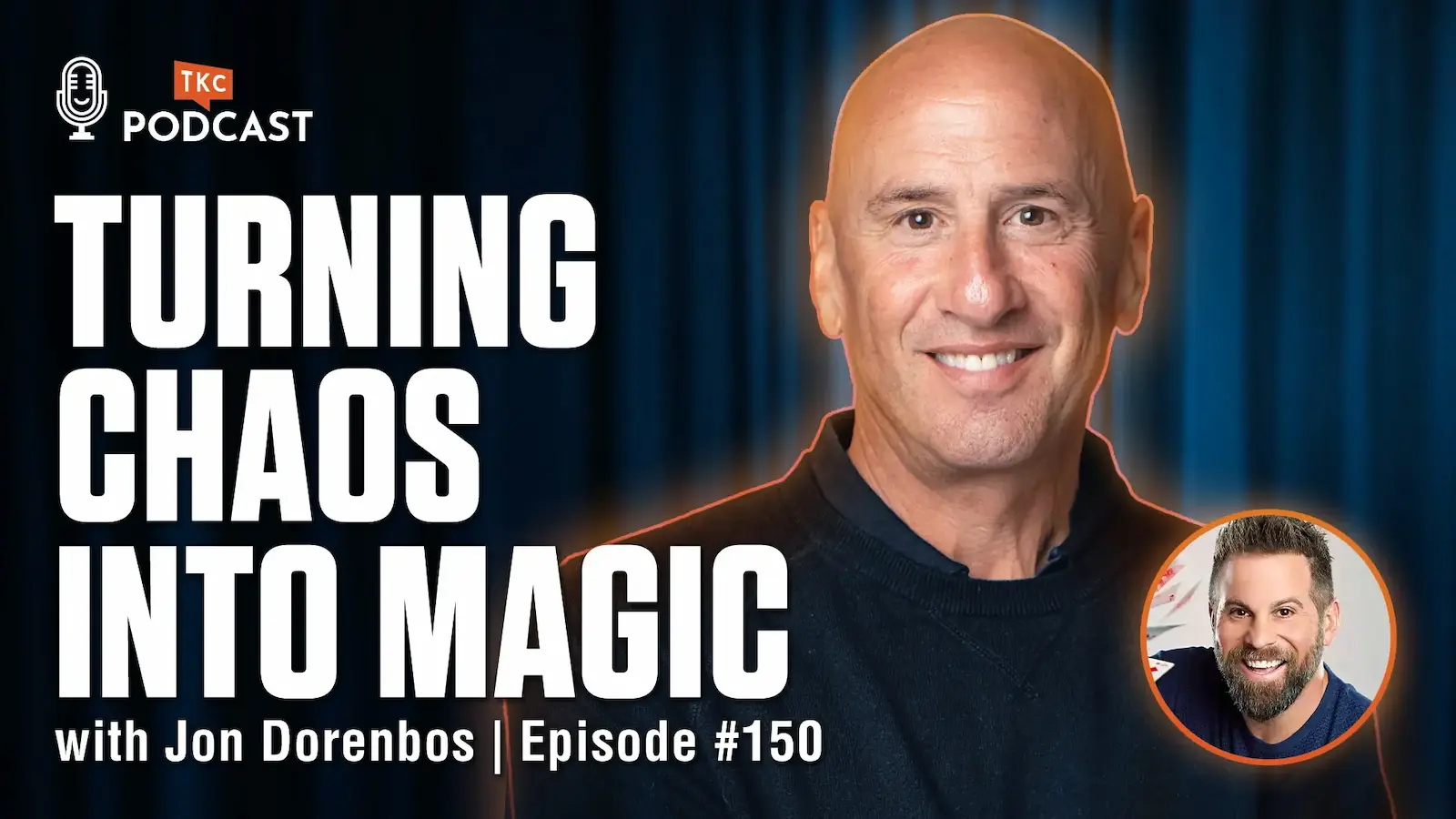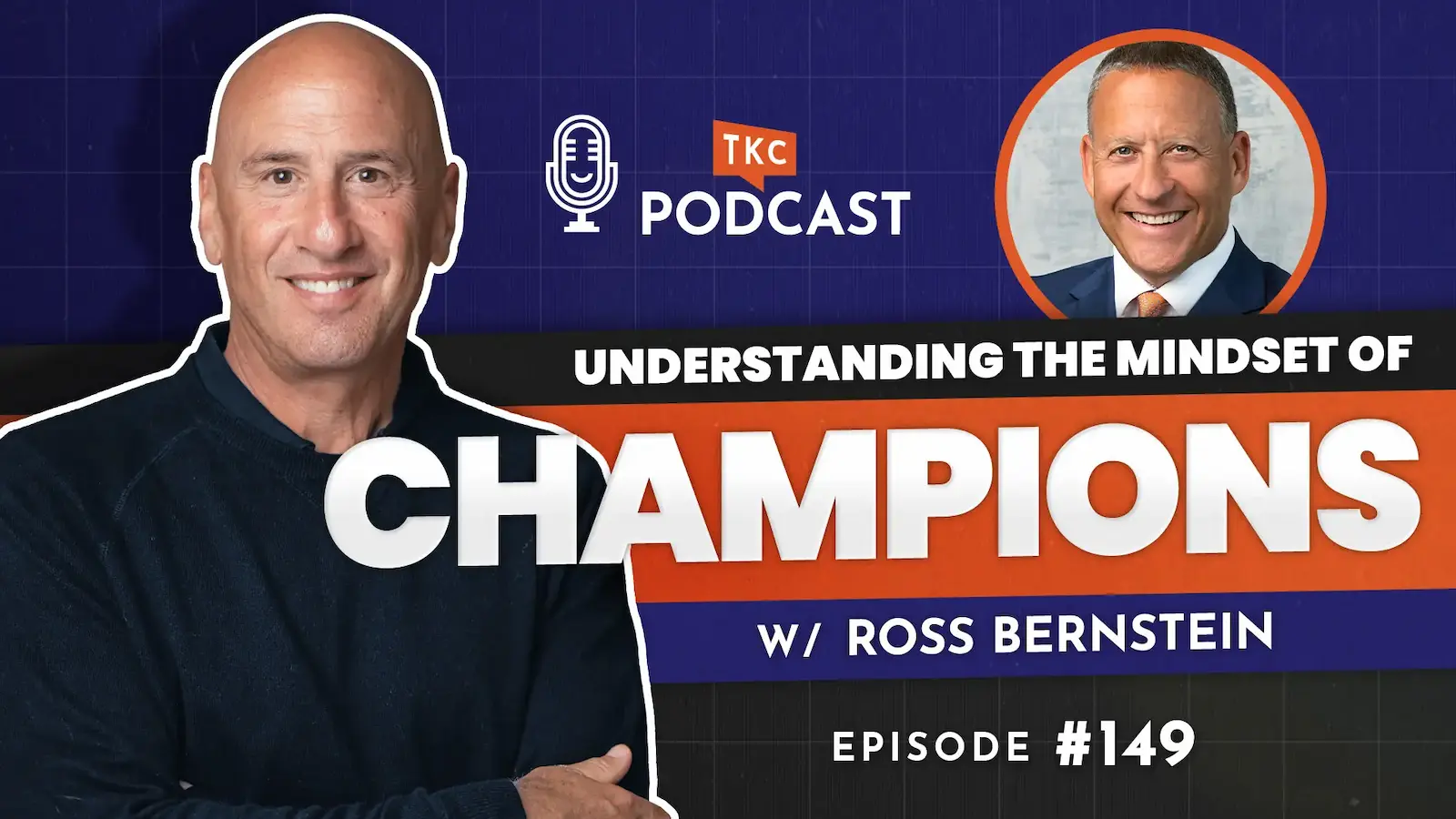
September 14, 2021No New Normal
Read Seth Dechtman's story about how the pandemic has taught him that "no normal" is really the new way of thinking.
“Daddy…,” my daughter began to ask, followed by a slight pause. “What is normal?” An innocent question with a complicated answer. My daughter and all of my children have overheard many family conversations about the pandemic. One night during bedtime story reading, she innocently asked me, “Daddy, what is normal?” I fumbled and stumbled, giving a vague non-answer answer before transitioning back to the world of talking animals in our bedtime story. (Which, oddly enough, seems more normal after more than 18 months of this pandemic.)
As my daughter drifted off into dreamland, I dove into a pensive state, contemplating the concept of ‘normal.’ I thought about the limits that the pandemic has imposed on our day-to-day lives. Daily tasks now constrained by the pandemic have morphed into an accepted norm, by default at the very least. Being a reasonably pedestrian thinker, I begrudgingly came to a quick and simple conclusion. The pandemic has taught me that nothing in life should be considered “normal” and that “no normal” is really the new way of thinking. I strive to plan and prepare for my family and business, but if there’s one thing this pandemic has proven, it’s that predictability is scarce.
Without the pandemic, we never would have spent as much time together as a family. We spent endless hours playing board games, crafting, reading, painting, watching movies, cooking and baking, exercising, arguing, and just being together. This unexpected togetherness has been a welcome surprise. On the whole, I have a more profound connection with my family. So back to the question of ‘What is normal?’
During the pandemic, I read a book by a great keynote speaker I’ve known for years. The connection between his thesis and the constraints of the pandemic and our lives was astonishingly crystal clear. Mark Barden, Keynote Speaker and Co-Author of A Beautiful Constraint, adopts a mindset that can be summed up in this way; take the constraints that face us all today— lack of time, money, resources, attention, know-how— and see in them the opportunity to transform oneself and one’s organization. Easier said than done.
Where in our lives have there been unexpected positive results sourced from unwanted constraints? Through A Beautiful Constraint, I learned to be more agile and let go of my limited capacity by partnering with freelancers, exploring new ways of connecting with clients through social media, adopting new business practices to streamline processes and so much more.
As Mark Barden so clearly states and seems to capture much of the pandemic circumstances, “We live in a world of seemingly ever-increasing constraints, driven as much by an overabundance of choices and connections as by a scarcity of time and resources. How we respond to these constraints is one of the most important issues of our time and will be a large determinant of our progress as people, businesses, and planet, in the future.”
A Beautiful Constraint calls for a more widespread capability for constraint-driven problem solving and provides the framework to achieve that. Will volatility become a steady state of being in a post-pandemic reality that is an ever-present constraint?
Post-pandemic life brings with it many questions. What will happen when the pandemic ends? Will the pandemic ever end? Will we just find new ways to live with it? The phrases “new normal” and “next normal” have been coined to capture a post-pandemic sense of what our lives will look like, and for me, they fall short. Is it true that human beings seek safety, predictability, and security? Or is steady volatility the defining characteristic of humanity? Nothing is truly secure, predictable, or reliable in life. Perhaps reality becomes a balance between creating something new and mitigating constant volatility. One thing is for sure– it will not look like the past. The impact of the pandemic on our lives has been pervasive. I declare that “normal” as we once knew it is dead.
Einstein once said, “We can’t solve problems by using the same kind of thinking we used when we created them.”
Since the pandemic began, challenges in every aspect of life have daunted me, my business, and my family. Heck, the entire planet is challenged beyond measure. There is no comparative suffering here; we’ve all suffered. The whole world is experiencing overwhelming changes that sometimes defy description or explanation. I don’t consider myself unique in any way, but as I try to gain some perspective after a year and a half of making things work, I’ve come to a couple of conclusions:
- Be in touch with what is so. Meaning, take an honest accounting of your current situation: no drama, no added meaning, just the facts.
- Dance. Be flexible and agile. Be willing and able to move from your current position.
- Compose. Create new things and paradigms. Study new subjects. If you’re a biologist, study carpentry. If you’re a chef, study construction. Stimulate your mind and open it to other worlds.
- Structures for existence. Surround yourself with people and things that nourish you. And I don’t mean just cutting out the people who don’t nourish you. Have structures in place to stay connected with those who do nourish you. During the pandemic, I reached out to friends and colleagues from all walks of life whom I’ve lost touch with for at least two years. This connection created new sparks of energy and vitality in my life.
These are just a few of the guiding principles that have made a difference in my life during the pandemic, and I hope they inspire positive change in yours.
There is one thing that does remain normal– bedtime stories.

Tags: inspirational, motivational
Discover More Insights
Get in TouchContact US
Fill out the form so we can best understand your needs.
A representative from The Keynote Curators will reach out to you.








